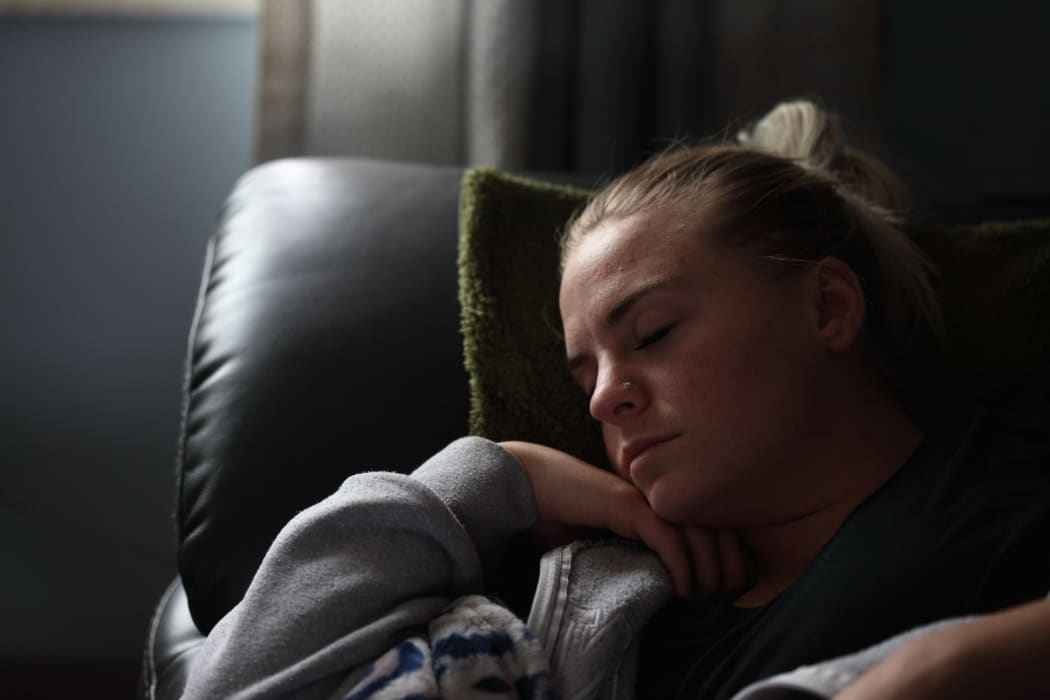
Photo: Sharon McCutcheon / Unsplash
The "big three" contributors to health - sleep, exercise and diet - have been studied in isolation before but until a recent University of Otago study, we didn't know which had the most impact on the wellbeing of young adults.
Poor-quality sleep affects the mental health of 18 to 25-year-olds twice as much as physical exercise and diet, according to a new University of Otago study., says psychology professor Tamlin Conner.

Photo: Alan Dove Photography
The study surveyed more than 1,100 young New Zealanders and Americans (aged 18 to 25), asking how refreshed they feel after sleep, how many hours they sleep, and also about their exercise patterns and dietary habits.
Sleep quality was revealed as the biggest predictor of depression and general wellbeing, with 8 to 9.5 hours a night seeming to be the sweet spot, says Professor Conner, who is the study's senior author.
"People who reported feeling moderate to very refreshed when they wake up in the morning, they presented the lowest levels of depressive symptoms and the highest levels of wellbeing."
Sleep quality, rather than sleep quantity, was revealed as the strongest predictor of mental health and wellbeing, says the study's lead author Shay-Ruby Wickham in an article on the University of Otago website.
“This is surprising because sleep recommendations predominantly focus on quantity rather than quality. While we did see that both too little sleep – less than eight hours – and too much sleep – more than 12 hours – were associated with higher depressive symptoms and lower well-being, sleep quality significantly outranked sleep quantity in predicting mental health and well-being.
“This suggests that sleep quality should be promoted alongside sleep quantity as tools for improving mental health and wellbeing within young adults.”
The data shows that prioritising sleep quality might be the best entry point for improving mental health, Professor Conner says.
She recommends young people take action to improve their own sleep - and support their own mental health - by staying off devices before bed.
'The Big Three Health Behaviors and Mental Health and Well-Being Among Young Adults: A Cross-sectional Investigation of Sleep, Exercise, and Diet' was published in Frontiers in Psychology.

